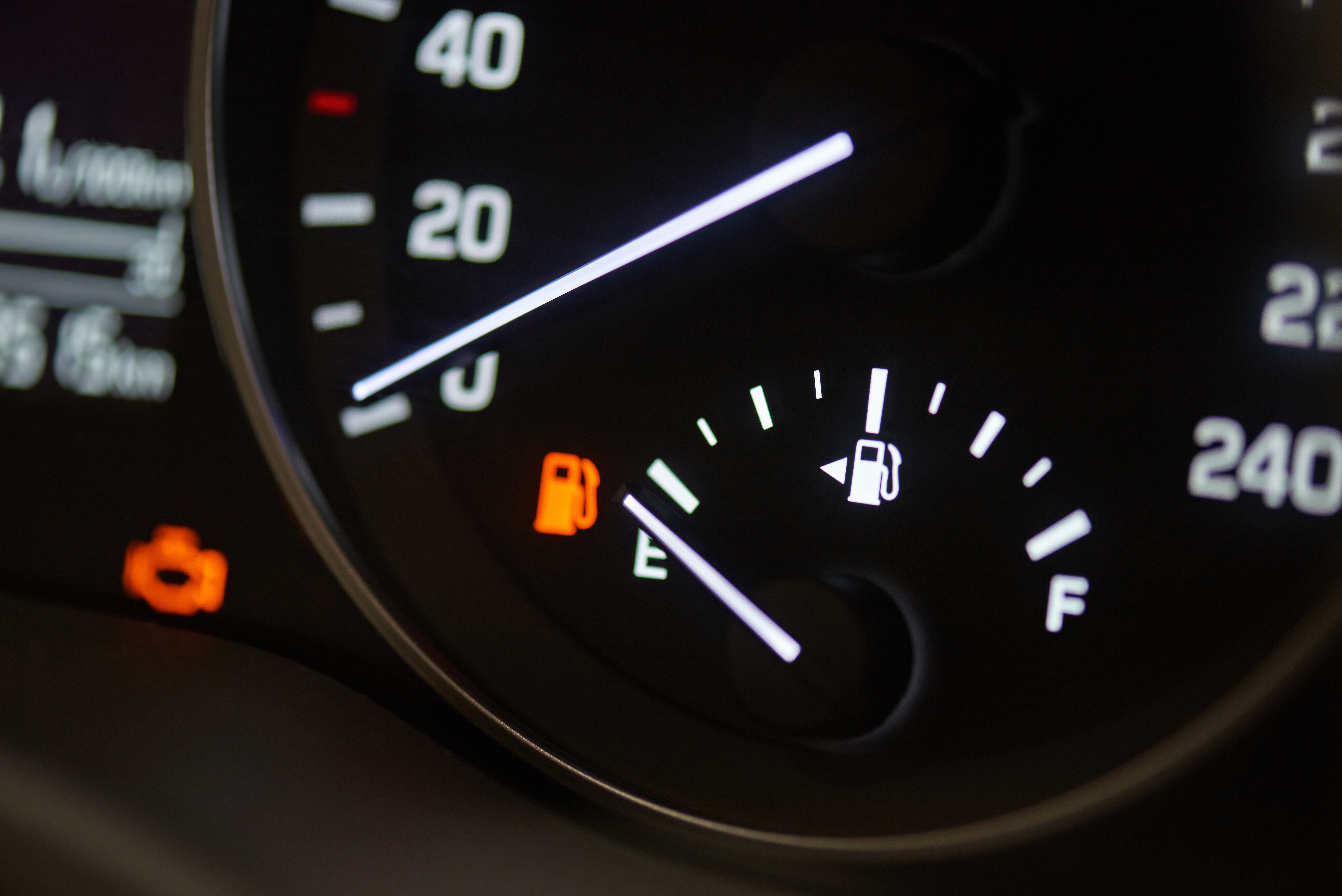Activist groups in California have called for immediate, radical shifts in state energy policies:
- “We must collectively grow a mass movement to keep fossil fuels in the ground … Let’s work to keep fossil fuels in the ground and make an immediate shift to renewables.” – Food & Water Watch, “Climate Change & Environment”
- “To protect our health and future, Gov. Jerry Brown and state lawmakers should ban fracking in California.” – Center for Biological Diversity, “California Fracking”
- “The Environmental Defense Center (EDC) is at the forefront of efforts to prevent new oil drilling, to end existing oil drilling, and to transition to a fossil fuel-free future.” – Environmental Defense Center, “Exploding Oil Trains – Coming to Your Community Next?”
However, DRILLING DOWN, the facts show:
- California produces less than 175 million barrels of oil per year – all of which we use right here. At present, we can only produce 28 percent of the oil the state uses; the rest – 72 percent – must be imported by tanker (or train) from other states or countries.
- There are nearly 40 million people in California, 26 million passenger vehicles and light trucks, and over a million transport trucks. All of those vehicles add up to 48 million gallons of gasoline and diesel consumed statewide per day.
- To replace the 175 million barrels lost due to a statewide ban on oil production, California would require (a) 400 additional tankers carrying on average 430,000 barrels of crude oil, and (b) 250,000 rail cars carrying on average 30,000 gallons of crude oil.
- California oil provides a secure, affordable supply of energy for our cars, businesses and homes. California-produced oil generates billions of dollars in tax revenue to support schools and public safety. California oil provides high paying jobs for Californians. Oil and gas is produced in California under the most stringent regulations and environmental protections in the world.
Dependence on foreign oil subjects California to energy shortages and price spikes. Imported oil pays fewer California taxes. Imported oil means high paying energy jobs go to foreign countries or other states. Imported oil must come by train or tanker, further increasing costs and risks. And foreign oil often comes from countries with few environmental protections, many of which have a history of grave human rights abuses.
- California’s energy industry meets the needs of California consumers, fueling transportation, food supply, health, housing and powering our technology. Moving the California economy to zero petroleum usage would be impossible. Given that demand is increasing and California already imports 72% of the oil it uses every day, any cuts to production in state would result in more imports from states and countries with far worse environmental regulations and human rights records than California.
As Governor Brown put it in 2015: “As we speak [Californians] are burning up gasoline that is being shipped from Iraq, from Russia, from Venezuela and all sorts of other places and coming in on trains, so whatever we don’t do here we are going to get from somewhere else until we can get that moratorium on driving, which I haven’t heard proposed yet by anybody.”

